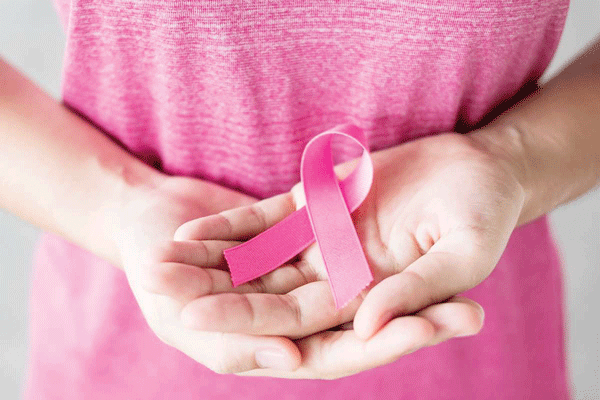
editorial comment
AS Zimbabwe this month joins the rest of the world in breast cancer awareness campaigns, it is trite that the nation appreciates that breast cancer remains one of the most vicious diseases in out midst.
With statistics showing that an estimated one in eight women will have breast cancer in their lifetime, it would be folly to underrate or pay lip service to it.
Rated as second after cervical cancer, the disease continues to claim lives at an alarming rate.
Despite widespread awareness especially during the month of October, many women still do not have access to correct information on the disease as well as screening and treatment.
It is sad that empirical evidence has shown that three quarters of the cases, if diagnosed early, can be treated, yet thousands of women continue to suffer and die from this debilitating condition.
Breast cancer is becoming a significant burden to the healthcare system in Zimbabwe.
Treatment for the same is expensive and beyond the reach of many patients. Over the years, there has not been any meaningful funding towards curbing this disease.
- Chamisa under fire over US$120K donation
- Mavhunga puts DeMbare into Chibuku quarterfinals
- Pension funds bet on Cabora Bassa oilfields
- Councils defy govt fire tender directive
Keep Reading
Stakeholders are now calling for increased commitment to funding treatment of the disease.
The government has an obligation to prioritise this disease with same intensity that was accorded HIV and Aids.
While globally tremendous progress has been made by science in the care of women with breast cancer over the past few decades, most of the women in Zimbabwe are yet to benefit from these initiatives.
There is poor access to modern screening methods, quality chemotherapy drugs and reliable radiotherapy services and lack of evidence-based medicine derived from local settings.
Breast cancer screening should be made available to every woman including the rural folk. This should be the first step in addressing and halting this disease.
Early detection will improve outcomes and a number of screening tests should be availed, including: clinical and self breast examinations, mammography, genetic screening, ultrasound, and magnetic resonance imaging.
Broken down machines for treatment should be fixed and treatment susidised by the government in collaboration with development partners The awareness campaigns should not be confined to October, but should be a sustained continuous process throughout the year. Many women are being denied the opportunity to realise their full potential because they are bed-ridden as a result of breast cancer.
For this year, we implore authorities to honour women who have lost the battle to breast cancer and make commitments to fund various programmes as well as treatment.
But the onus is not only on the authorities and partners, but women as well.
In the absence of screening facilities, every woman should learn the basics of self breast examination and if there are any abnormalities, they should present to the clinic early.
The Cancer Association of Zimbabwe has reported that most of the cases present late, making it more difficult to save lives. Together, we can fight it.











